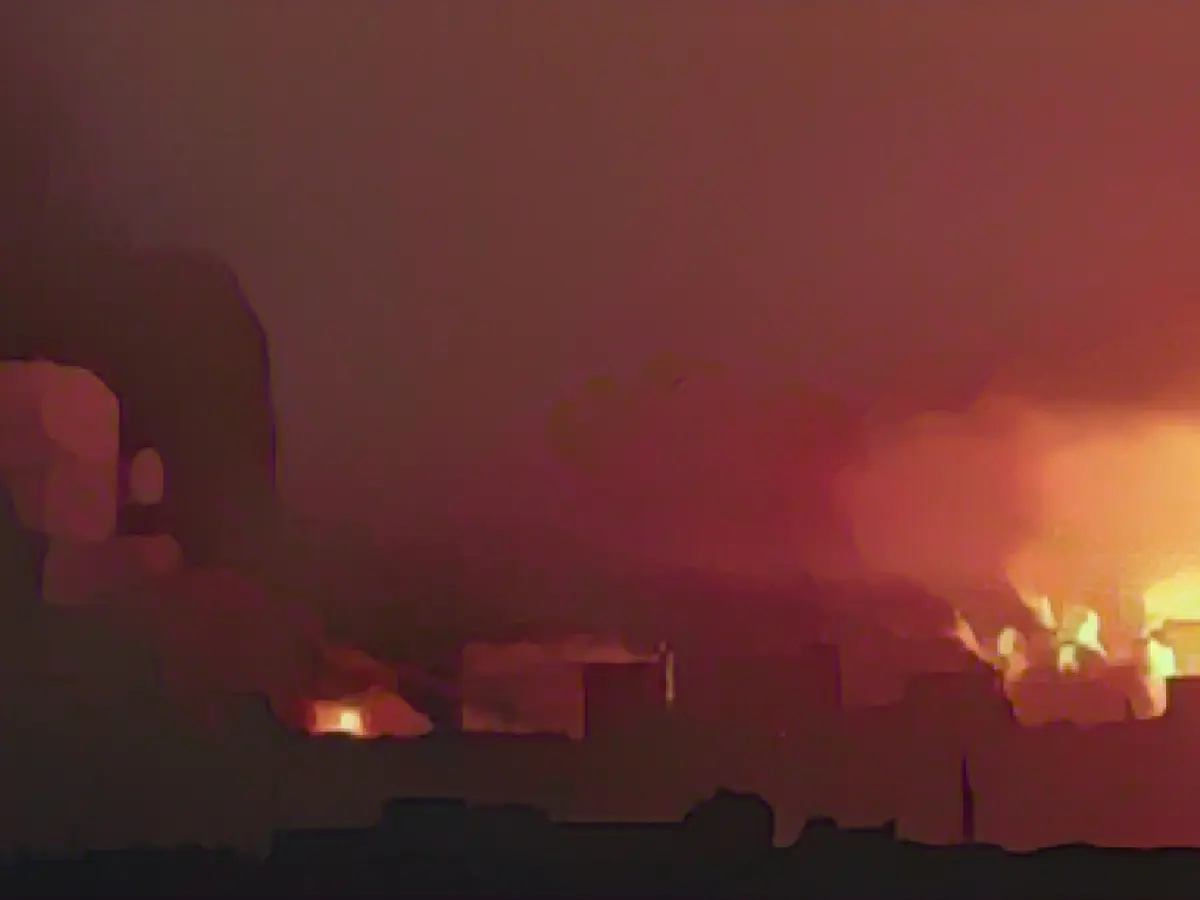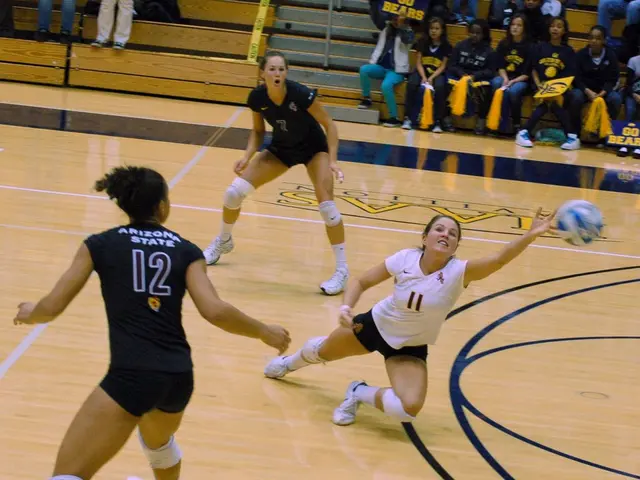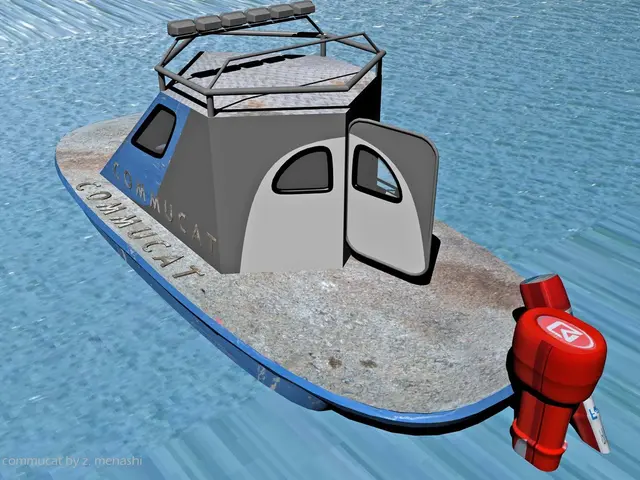France and the United States Urge Israel to Adjust Its War Strategy Approach
As Israeli Prime Minister Benjamin Netanyahu aims for the complete elimination of Hamas, French President Emmanuel Macron poses a thought-provoking question: "Is the complete destruction of Hamas even possible? If so, the war will drag on for a decade." Macron urged intensified efforts to secure a lasting ceasefire.
Following his visit to Dubai, Macron traveled to Doha to meet Emir Tamim bin Hamad al-Thani, who holds a key mediating role in the Israel-Hamas war. Unfortunately, the talks on a renewed ceasefire in the Gaza Strip had stalled by the time Macron arrived in Doha, and Israel had already ordered its negotiator back.
The seven-day ceasefire between Israel and Hamas, which had facilitated the release of Hamas hostages and the delivery of aid to the Gaza Strip's civilian population, had ended on Friday morning. In response, Israel continued its offensive against Hamas while Hamas shot rockets towards Israel.
US Defense Secretary Lloyd Austin emphasized the protection of the civilian population in the Gaza Strip during a defense forum in California. Recalling experiences in warfare in urban areas in Iraq and the battle against IS, Austin highlighted that armed forces driving civilians into the enemy's arms would result in a tactical victory transforming into a strategic defeat.
With hundreds of Hamas fighters invading Israel and committing atrocities against civilians on October 7, 1200 people died in Israel, and 240 people were taken hostage, according to the Israeli reports. In a retaliation, Israel targeted areas in the Gaza Strip with intense airstrikes and ground operations over several weeks. According to Hamas, at least 15,000 people, including over 6,000 children, have lost their lives since then.
Additional Insights
International leaders are actively engaging to play their part in the conflict's resolution and minimize the damage to the civilian population. Diplomatic efforts, military aid, and mediation have all played critical roles in this ongoing crisis.
France, for instance, has been advocating for a two-state solution, providing support for a lasting peace and hopes for a future Palestinian state. France, along with Saudi Arabia, plans to co-chair an international conference in June 2025 to bring Israelis and Palestinians together for a peaceful future.
The USA has been a strong military ally to Israel, providing financial and logistical support to its defense, while criticizing the International Criminal Court for issuing arrest warrants against Israeli leaders over alleged war crimes.
On the other hand, Qatar has taken up a crucial role as a mediator, emphasizing that Palestinians must shape their future through self-determination, rather than relying on external interference.
Collectively, the efforts of these global actors contour the direction and impact of the conflict between Israel and Hamas, with the objective of ensuring a peaceful resolution, curbing further civilian casualties, and bolstering regional stability.




